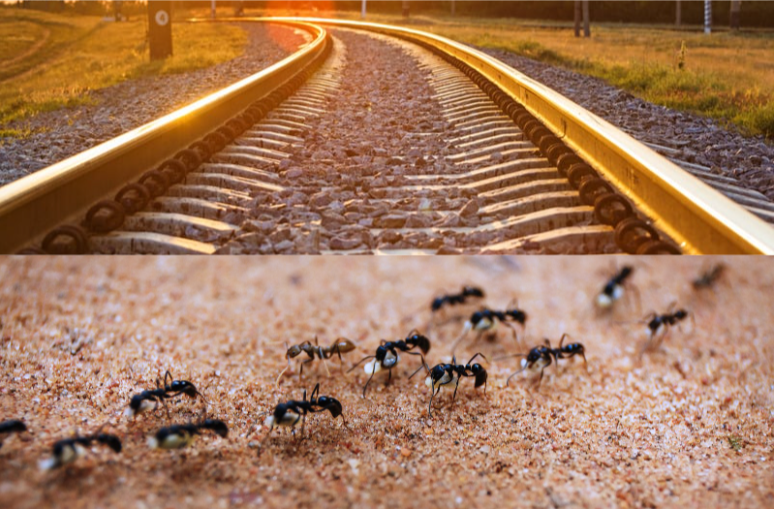Do What Works… And Don’t Do What Doesn’t.
The Value of Replicating Successful Strategies
Lisa Puzo Strickland, PhD
July 2025
Every species on the planet requires continued evolvement for advancement and survival, including humans.
And one way we can evolve effectively is by continuing practices that work and discontinuing those that don’t.
This method is called replicating successful strategies and it is one of life’s simplest and wisest tenets. It demonstrates both our pursuant proclivity and penchant for logic.
We see this innate wisdom in infants who try various movements to get from one place or position to another, and in gene mutation as evolution strives to expound every possible survival mechanism while discarding the rest.
In both cases, what aids progression is repeated, and what does not is ceased.
Internal Programming
The replication of successful strategies is a nature-based practice found abundantly throughout the entire ecosystem.
For example, animals will most often repeat behaviors that result in reward. A heron will return to where fish reside. And a dog who triumphantly learns by iteration will be motivated to repeat the requirement to receive a well-earned treat.
This internal programming is also embedded within the DNA and cellular memory.
The technique of doing what works is so impactful that it has also long been implemented into countless business models and production platforms. And in AI development. In fact, it is a key factor in AI’s ability to self-learn.
Both artificial intelligence (AI) and intelligent automation (IA) first learn by trial and error and then reuse and repurpose strategies deemed successful. This self-directive approach is evident in such areas as product sales and analysis, economic forecasting, and supply chain calculations.
AI/IA programming, therefore, is an example of how humans can derive inspiration from nature, a practice called Biomimicry.
Biomimicry and Development
Nature is the not only the most efficiently run entity on the planet but is also our biggest teacher. It provides. It protects. And it offers endless solutions to complex issues.
So, it’s no wonder why programmers will often default to What Would Nature Do when creating algorithms for optimization and favorable outcomes.
A robot programmed to navigate a maze may be given a reward for the correct path, or a punishment for the incorrect path. So, of course, the robot will revisit the path that ends with the reward.
This isn’t just programming, it’s nature: Reward = Repeat. What works = Repeat.
Choose Success
We can easily live our entire lives in an endless loop of trial and error, mazing about and bumping into barriers as we try to find our place and purpose.
To avoid the aimlessness, we must first define what success means to us personally and professionally in the long term and then keep those goals clearly present. This is how we program ourselves for success.
Be aware of a caveat, however. If your reward stops short at instant gratification, the long-term effect may quickly turn that short-term positive into a long-lasting negative.
Consider the cookie analogy: The first bite is delicious. But continued bites may result in a non-optimized waistline.
Therefore, your repeated strategies should directly align with your long-term goals.
This kind of focus helps us stay on course toward our intended outcome while resisting the interupting distractions of short-term temptations. Long-Term Reward = Repeat.
Exiting the Maze
Finding inspiration and advancement through nature’s tried and true method of repeating successful strategies is essentially employing a philosophical usage to the design and production-centric practice of Biomimicry -
because the link between cognitively learning (what works and what doesn’t) and actively applying (by repeating what works) is our philosophical beliefs, or more specifically, what we believe we are capable of accomplishing.
And it is within our accomplishments that we find our reward.
To wrap, anytime we philosophically and actionably resonate with the principle of repeating successful strategies, we are unifying with our most formidable partner, nature, and proving to ourselves that we possess the power to evolve and advance.
-LPS
Visit Biomimicry.org

